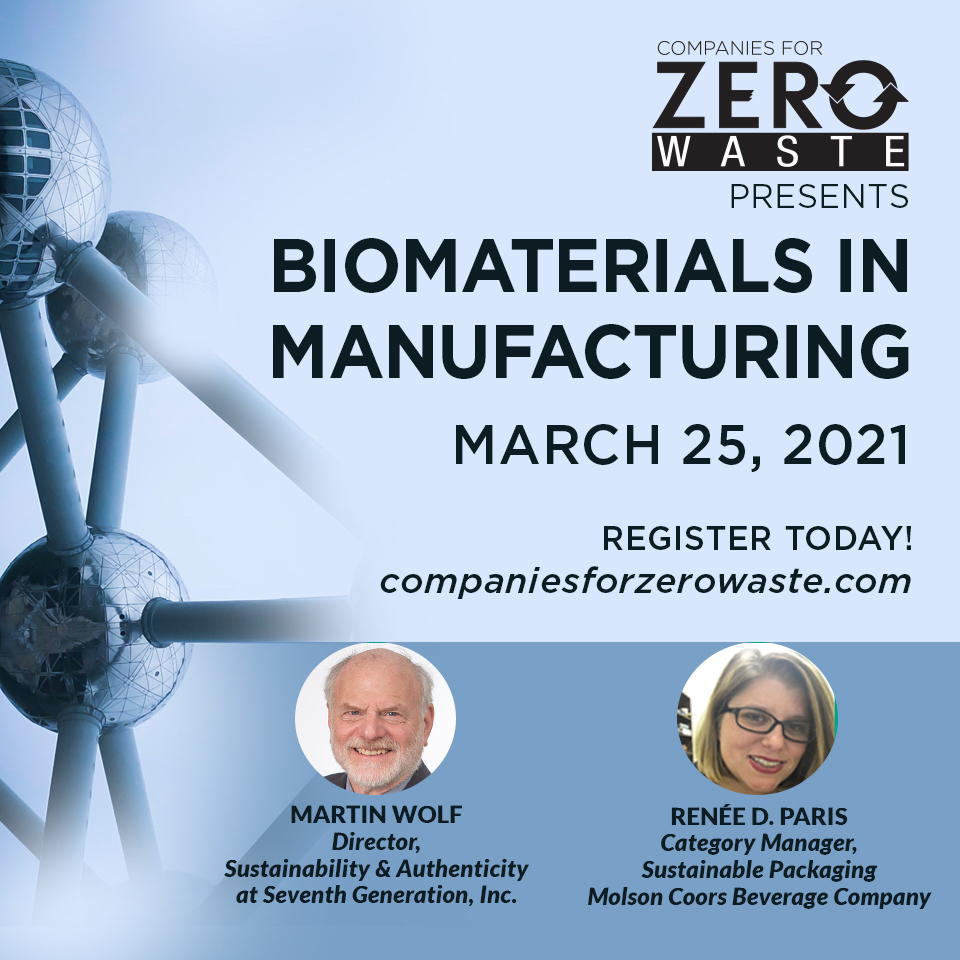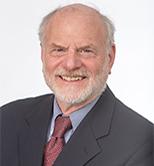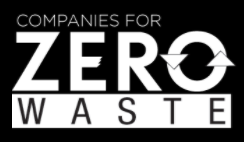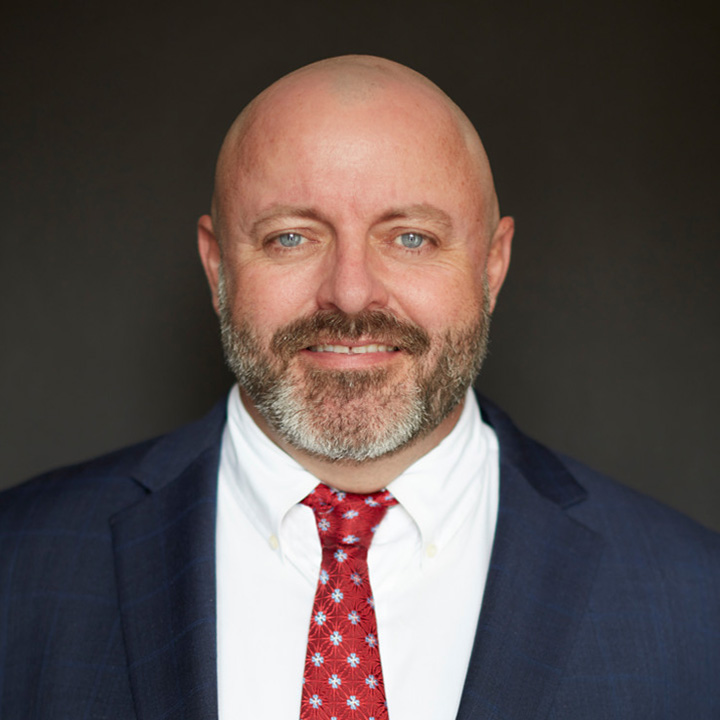As Seventh Generation was expanding and becoming a force in the marketplace nearly two decades ago, Martin Wolf began looking at the use of biobased materials. He was able to build on the work of bold surfactant manufacturers like Clariant, Croda, Solvay BASF, and others – all of whom offered biobased alternatives to petrochemicals at the time.
“I think those companies saw us as a growing company with a vision and they wanted to be able to be part of that vision,” Martin says. For over thirty years now, Seventh Generation has fundamentally been a mission-driven company. “Many of these chemical manufacturers we worked with understood what we were trying to accomplish and embraced it and started offering increasing numbers of biobased materials for Seventh Generation to use.”
Seventh Generation chose a pathway with core ingredients that are biobased. It designed products so that their ingredients biodegrade, becoming available as nutrients to future biobased materials. Even though more cost was involved, Seventh Generation found other ways to make their products available to the consumer at competitive prices. Other companies have also worked to make the biobased equivalents of petrochemical products, and the issues these companies faced were the same ones faced by Seventh Generation, including cost, supply chain, and unsustainable agricultural practices.
“The Earth is a closed system.” Martin emphasizes that the materials we have available to us today has sustained life on this Earth for the past four and a half billion years. “But in the past roughly fifty years, we’ve started using those materials far faster than Earth can regenerate them, and that is not sustainable. So, we have to find a different way of doing things and create a circular economy.”
Martin continues, “Seventh Generation is incorporating and enlisting nature to create this circular sustainable system, which frankly nature has been doing for millennia, for generations of life, so it seems pretty obvious, but far too often humankind has not necessarily embraced the obvious.”
Most companies are largely driven by numbers, and insufficiently driven by the values of sustainability. This seemingly apparent idea is often lost in supply chains. For example, a company finds out a sustainable ingredient option is going to cost two cents more per pound, at which at some point someone concludes, “Well, that’s a gross margin hit of 50 basis points, and we can’t afford that.” Suddenly being sustainable is not as obvious, it’s become obscured.
Seventh Generation has embraced the importance of a company’s supply chain. Martin advises, “Companies must create strong relationships with other companies going further up the supply chain, not just their immediate chemical distributors and manufacturers, but looking at the agricultural practices that are being performed.”
Martin believes that you have to look beyond the immediate supply chain, and trace back to the farms to guarantee that crops are being sustainably grown, that there are no labor abuses, deforestation, or any other harmful practices being used to grow a crop. “For example, palm kernel oil goes into many of the surfactants that we use, so we want to make sure we’re not purchasing from farms that have worker abuse, or unsustainable land conversion practices, or unsustainable agricultural practices.”
“Seventh Generation ensures that we buy plant-based ingredients so our products can earn the USDA Bio preferred Product certification, and we work with The Roundtable for Sustainable Palm Oil (RSPO) to ensure that the plantations, mills and primary processor’s that in our supply chain are also complying with RSPO requirements for sustainability and social responsibility. And further down our supply chain, we are working with our chemical ingredient manufacturers to ensure that they are buying from those intermediate processor’s that are certified as doing things in a sustainable way.
“It is important to have material sustainability, but it’s equally important to have social sustainability,” Martin adds. “We have a dire need to have a just, equitable and inclusive society that recognizes the strength of diversity and does not diminish anyone, because when you do, you create an injustice and an imbalance that will lead to instability, which is the opposite of sustainability. We need material sustainability, and we need social sustainability and a just system of commerce. We need everyone to benefit in whatever social system and economic system we create, not just the top 1% but 100%.”
There is clearly a need to create a robust and efficient supply chain, in particularly for small companies, where it’s not necessarily as available as is a petrochemical supply chain, which Martin notes has been well established for the past four or five decades and also brings along yet another obstacle, and that is of competition. Martin says that frequently this means companies can make things at a lower cost and it means they can make things that are more tailored since synthetic chemistry is well developed, and it’s possible to produce very specific molecules to do very specific jobs, something that can be done with biobased materials, but it is a technology that has not yet been developed or has not been commercialized to the extent that it’s been commercialized for petrochemicals.
Another issue is that retailers often see a greater desire by consumers to buy biobased products and will take higher margins on biobased and organic products as compared to conventional products. Martin says typically biobased products are more expensive, that buying a gallon of vegetable oil is a lot more expensive than buying a gallon of gasoline as anyone who goes shopping knows.
“You can start with either a biobased material, or petrobased material and make a plastic. A plastic is something that can be molded under pressure and low temperatures to create a new shape, whether it’s a film for a plastic bag or an injection molded part, what is important is not just where the material comes from but what happens to it after it’s been used.”
Also, you can begin with petroleum and create a chemical called ethylene and make a plastic called polyethylene (PE) and Martin says as long as we collect that material after use and reuse it, a circular system is created. However, there are accompanying problems when that polyethylene is not properly collected for reuse.
“It can end up in the environment and because it is a man-made material it is not known to the microbes in the environment; they don’t know how to break it down. And, that polyethylene lasts for literally hundreds of years in the environment, breaking down mechanically into small pieces called microplastics that pollute not only our oceans and the creatures in those oceans but are now polluting us. Microplastics are found in not only in the foods we eat and in the water we drink, but in our gut, and in the umbilical cord between a mother and fetus. This is not sustainable.”
You can make the same plastic out of a biobased material. Martin says, “If you do that, you run into the same problems as with the petrobased material. It does not biodegrade in the environment, rather it breaks down into microparticles that contaminate everything. Once you’ve let that genie out of the bottle you can never get it back in.”
Alternatively you can start with the biobased material and create a plastic that is biodegradable, such as polylactic acid (PLA). However, Martin says there are still two underlying problems when considering PLA in the context of a circular economy. One is that it is very hard to look at a PLA Cup and differentiate it from a polyethylene cup. Someone might throw it into a recycling bin not knowing what it is, and it becomes a contaminant in the plastic recycling process. The other is that the infrastructure to recover and recycle a PLA cup does not exist.
“An infrastructure needs to be created to ensure happens material can be collected and reused, and that infrastructure doesn’t yet exist. We have work to do to create the circular systems that we need to be more sustainable.”
Martin adds, “Our current system for recovery and reuse of waste materials is broken. We don’t collect things in a way that maintains their value, we just throw them all together in a single bin, which means the first thing we have to do when the bin gets to a recycling facility is sort its contents – which adds cost. Since economics is a strong driver of what we do this becomes a barrier to recovering and recycling materials.”
“Our 2020 goal was to have all our packaging made from recycled material and to be recyclable. But being recyclable does not mean something is actually collected and recycled. So for Seventh Generation’s 2025 Sustainability Goal we want our packaging materials to be made from recycled material and to be recyclable and we want them to then be recycled and reused. We want to go that extra step and see that the infrastructure is created so that we can close the loop.”
“For millennia Mother Nature has created systems in which everything that might be viewed by one part of that system as a waste, is used by another part of the system. We all learn about the carbon cycle in middle school and how animals breathe O2 to produce energy and emit CO2 as a waste product and plants take CO2 out of the air and generate O2 as a waste that animals then breathe to repeat the cycle. There is no waste, everything gets utilized.”
Martin explains that in the case ingredients the company can start with plant-based oils, convert them to functional ingredients that then biodegrade and become nutrients for plants so the cycle can be repeated. “We live on a finite planet and the materials that are here today are the same materials that were here 4-1/2 billion years ago and are the only materials that will be available in the future, To think we can discard something is quite literally shortsighted and self-destructive.”
Fortunately companies are finding more and more biobased molecules that can accomplish very specific functions, Martin says, “Our hope is that someday companies will use only biobased molecules that biodegrade so the materials from which they are made are available for generations to come.”
CZW Biomass Problem Solving Roundtable
Join CZW’s virtual discussion on now biomaterials help achieve sustainability and align with the SDGs 6-17 and switching from a non-renewable fossil-based economy to a bio-economy.
Register here.

Register for CZW Interactive RoundTable today!
A Two hour Biomaterials roundtable , plenty of audience participation & networking!
In addition to SDGs and the daunting tasks of a transformation from a non-renewable fossil-based economy to a bio-economy relying on biomass utilization, CZW’s interactive roundtable will discuss:
– Uncoupling the petrochemical industry and biomass production with renewable fertilizers
– Providing plentiful biomass for bio-based products by prioritizing other renewable sources of energy
– Minimizing waste arising from food and agriculture by enhancing stakeholder cooperation across value chains
– Pellets & Densified Biomass
– Biomass Power & Thermal
– RNG Project Development
– Advanced Biofuels & Biobased Chemicals
– Biogas & RNG
About
Martin H. Wolf creates the frameworks for design of sustainable products at Seventh Generation, Inc., a manufacturer/distributor of ecological household and personal care products. He also creates frameworks for more sustainable systems of commerce, and for working with other businesses, industry associations, legislators and regulators to implement those frameworks. Wolf brings over 40 years of experience in industrial and environmental chemistry to his work. He has conducted studies of environmental fate and metabolism for agricultural chemicals, the occurrence of hazardous chemicals in the environment, and the life cycles of product systems; and has also designed more sustainable household cleaning products.
Prior to joining Seventh Generation, he was president and CEO of Cambridge Analytical Associates (Boston, MA), a publicly traded, environmental testing and consulting company.

Wolf has been appointed a Fellow of the Aspen Institute, Environmental Forum; a member of National Academy of Science’s Committee on Design and Evaluation of Safer Chemical Substitutions; a member of the Working Group on Toxic Chemical Use in Vermont for the state’s Agency of Natural Resources; and a member of the Working Group on Chemicals of High Concern for Children for the State of Vermont Department of Health. Wolf has also received an EPA Region 1 Environmental Merit Award and the American Cleaning Institute’s Elva Walker Spillane Distinguished Service Award. He holds an M.A. in Chemistry from Yeshiva University (New York) and a B.S. in Chemistry from Worcester Polytechnic Institute (Massachusetts).

“On a mission to create a more healthy, sustainable, and equitable world for the next seven generations and beyond.”
Seventh Generation



